PHP (Hypertext Preprocessor) is a widely used server-side programming language in web development. Its flexibility, combined with simple syntax and efficient request processing, makes it ideal for creating dynamic applications. With support for numerous databases and seamless HTML integration, PHP powers many websites and online platforms, including the most widely used CMS (Content Management Systems). Among these, WordPress is undoubtedly the most popular, relying on PHP for its core, themes, and plugins.
WordPress, which powers a large percentage of websites worldwide, uses PHP to manage content generation, database interactions, and dynamic functionalities. Every element of the CMS, from pages to posts, is processed through PHP scripts that communicate with the database to retrieve and display user-requested information. Additionally, the ability to customize WordPress behavior via files like functions.php allows developers to modify and extend site functionality without altering the CMS core code.
This article will examine PHP’s role within WordPress, analyzing how this language underpins the platform’s core functionalities. We’ll explore how developers use it to customize themes, create plugins, and enhance site performance. Furthermore, we’ll discuss best practices for efficiently and securely leveraging PHP in WordPress, ensuring stability and protection for web projects built on this platform.
Table of Contents
PHP is a server-side scripting language developed specifically for the web, created by Rasmus Lerdorf in 1994. Over the years, it has evolved into a powerful and versatile tool for building websites and web applications. One of its key strengths is ease of use, thanks to a simple and intuitive syntax accessible even to beginners. PHP also supports numerous databases, including MySQL, PostgreSQL, and SQLite, enabling effective data management.
Another advantage of PHP is its server-side execution, which generates dynamic HTML content before the page is sent to the user’s browser. Its large developer community provides constant support, frequent updates, and comprehensive documentation. Finally, PHP is highly extensible and integrates with many technologies and frameworks, making it ideal for web projects of any complexity.
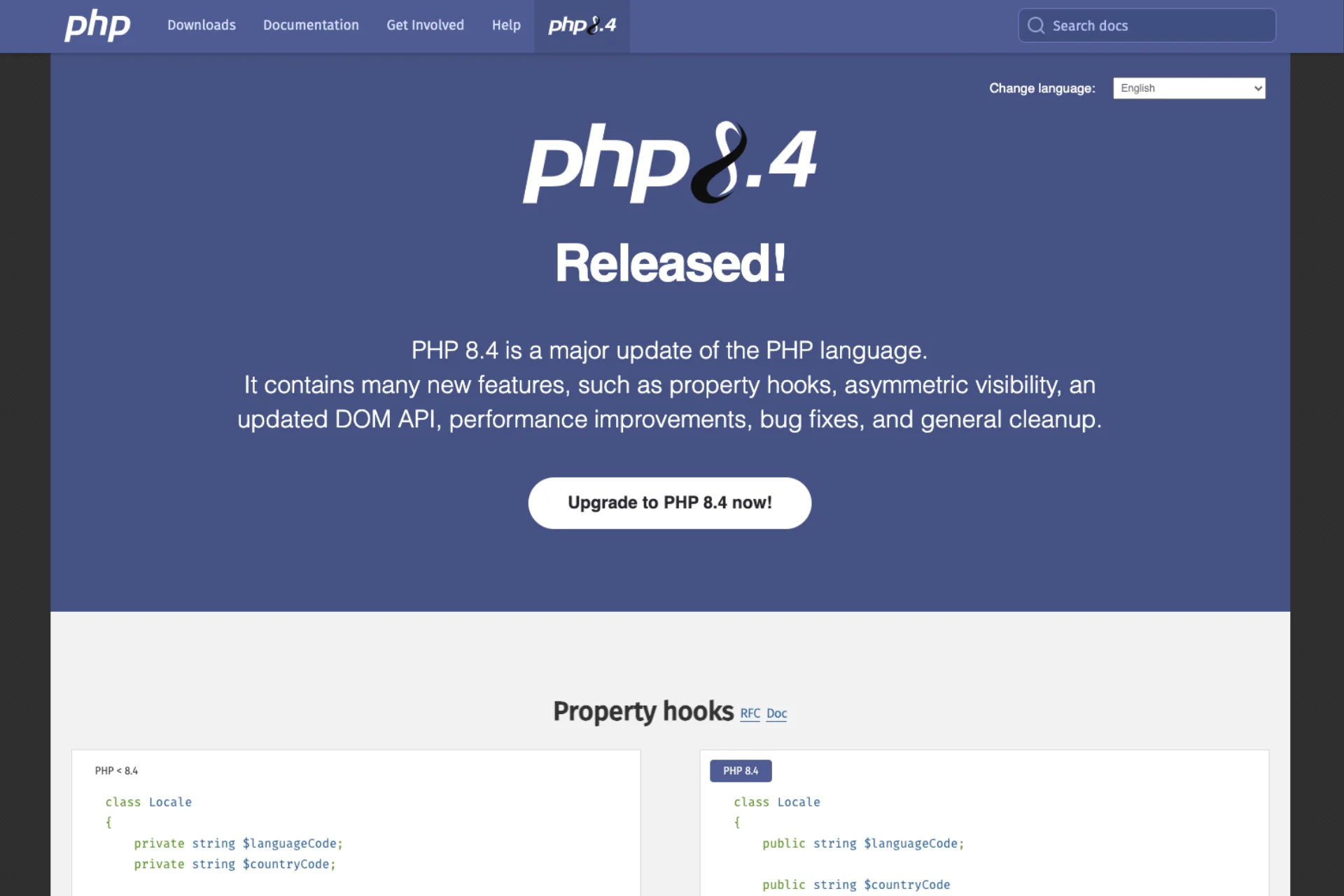
WordPress is an open-source CMS built on PHP, the language that powers its core, themes, and plugins. The system’s heart consists of PHP files handling essential aspects like user authentication, content management, and base configurations. Key files like wp-config.php (database settings) and functions.php (custom functions) enable platform operation and customization. Other critical files, such as wp-load.php and wp-settings.php, handle system loading and initialization.
WordPress themes, also built on PHP, define a site’s visual design and structure. Files like index.php, header.php, footer.php, and sidebar.php establish the main structure, header, footer, and sidebars. Using PHP functions like get_header(), get_footer(), and the_content(), developers dynamically manage content and layout, enabling advanced customization and flexible UI management.
Plugins, which add extra functionality to WordPress, are also PHP-based and interact with the core via hooks, actions, and filters. Tools like WooCommerce for e-commerce, Yoast SEO for search engine optimization, and Contact Form 7 for contact forms leverage PHP to extend the CMS’s capabilities. Additionally, WordPress uses MySQL as its primary database, with PHP executing SQL queries via the wpdb class for secure data interaction. Finally, PHP is essential for managing WordPress APIs like REST API and AJAX requests, while providing sanitization and validation functions to protect user data.
Inefficient PHP code can negatively impact WordPress performance, slowing page loads and harming user experience. Since WordPress relies on PHP to handle requests, generate dynamic content, and interact with the database, poorly optimized code increases server response times and resource usage. To ensure smooth operation, targeted optimization techniques are essential.
A key optimization area is SQL query efficiency. Inefficient queries overload the database, delaying information retrieval. Developers should write precise queries, avoid unnecessary operations, and minimize database requests. Caching tools like WP Super Cache or Redis can store query results and reduce repetitive operations, easing server load.
Another strategy is minimizing PHP code by removing redundancies and optimizing scripts for efficiency. Object caching, for example, stores frequently requested data in server memory, reducing repeated database queries. These optimizations ensure faster code execution, improving WordPress speed and responsiveness.
PHP continues evolving with new versions offering significant performance, security, and feature improvements. WordPress recommends using PHP 8 or later, as these introduce advanced features like stricter type checking, robust error handling, and faster code execution. Upgrading ensures faster platform performance and reduces security vulnerabilities.
Despite emerging technologies like JavaScript and React gaining traction in the WordPress ecosystem (e.g., the Gutenberg block editor), PHP remains the CMS’s backbone. Its role in managing WordPress core, themes, and plugins makes it indispensable for development and customization. Even with modern front-end integrations, PHP remains crucial for dynamic content generation and database interactions.
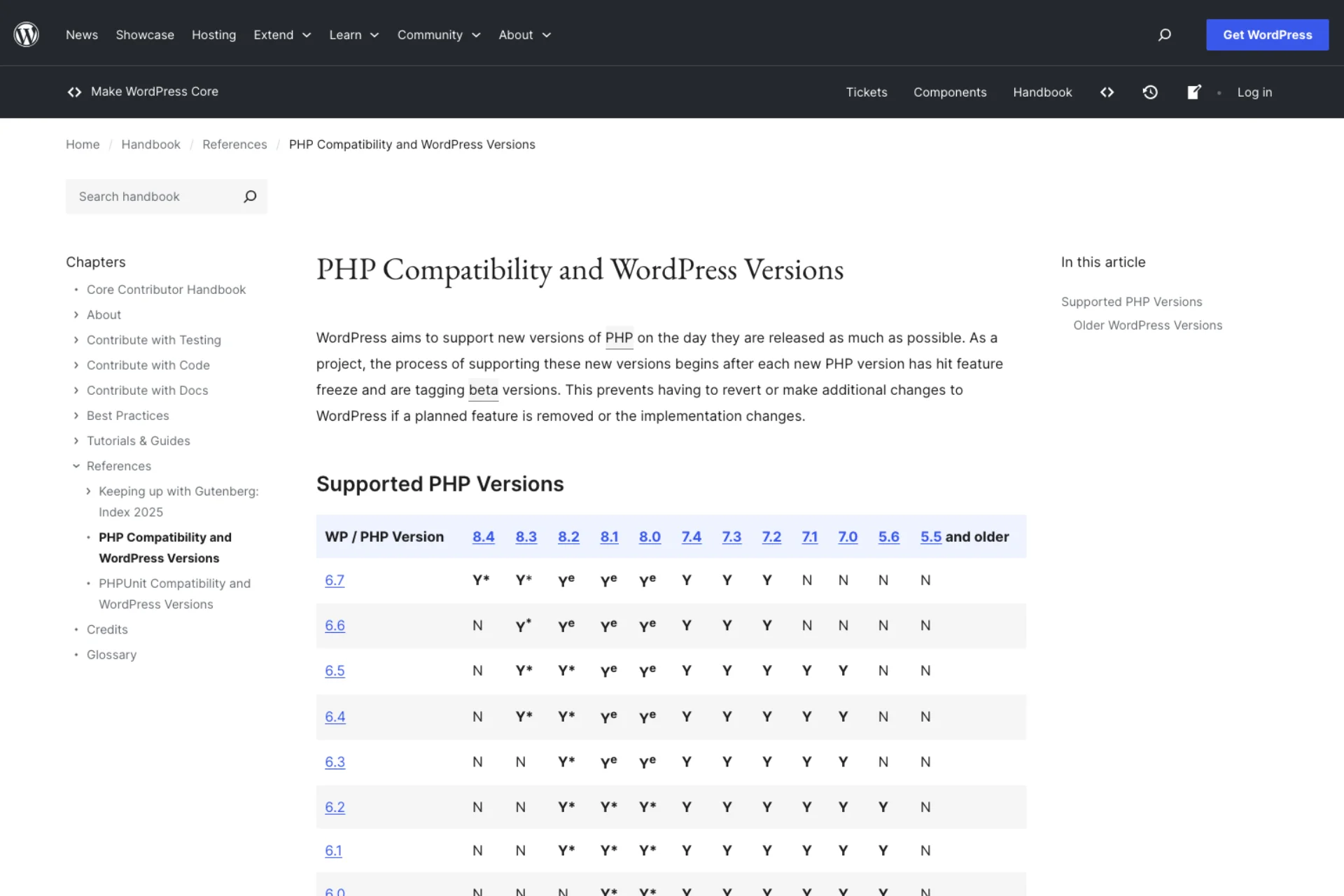
PHP plays a crucial role in WordPress, from core management to theme and plugin customization. Understanding PHP’s function in WordPress is vital for developers and webmasters aiming to build performant and secure websites.
If you’re a WordPress developer or enthusiast, learning PHP will let you fully customize your site and develop new features efficiently. With ongoing updates to PHP and WordPress, the CMS’s future remains firmly anchored to this powerful programming language.
Explore my blog dedicated to web development and cloud platforms.
You will find news, practical guides, insights and advice on WordPress, Vue.js, Nuxt, Tailwind CSS and Laravel, together with content dedicated to Linux operating systems and the main cloud platforms such as Amazon Web Services (AWS), Google Cloud and Microsoft Azure.
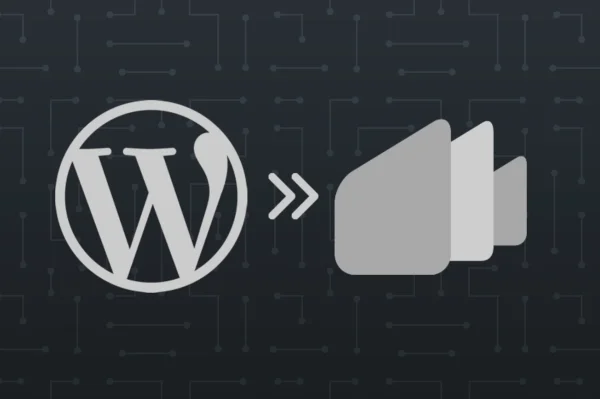
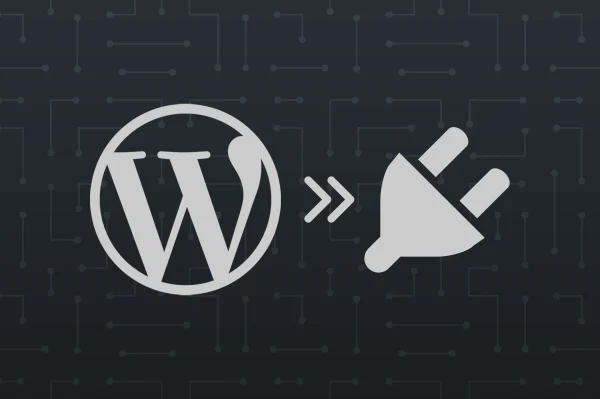
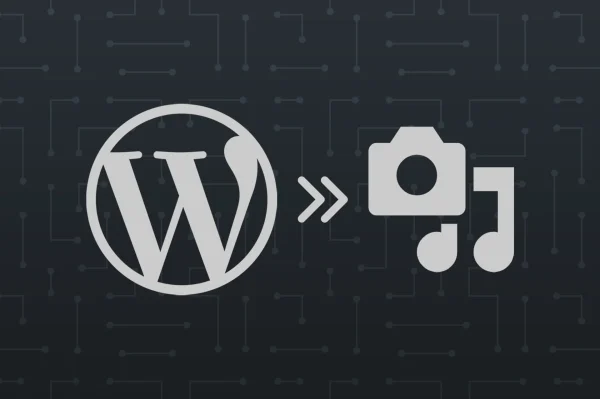
I am available to integrate me into your company or for consultancy.
Contact me now and I will answer you shortly.